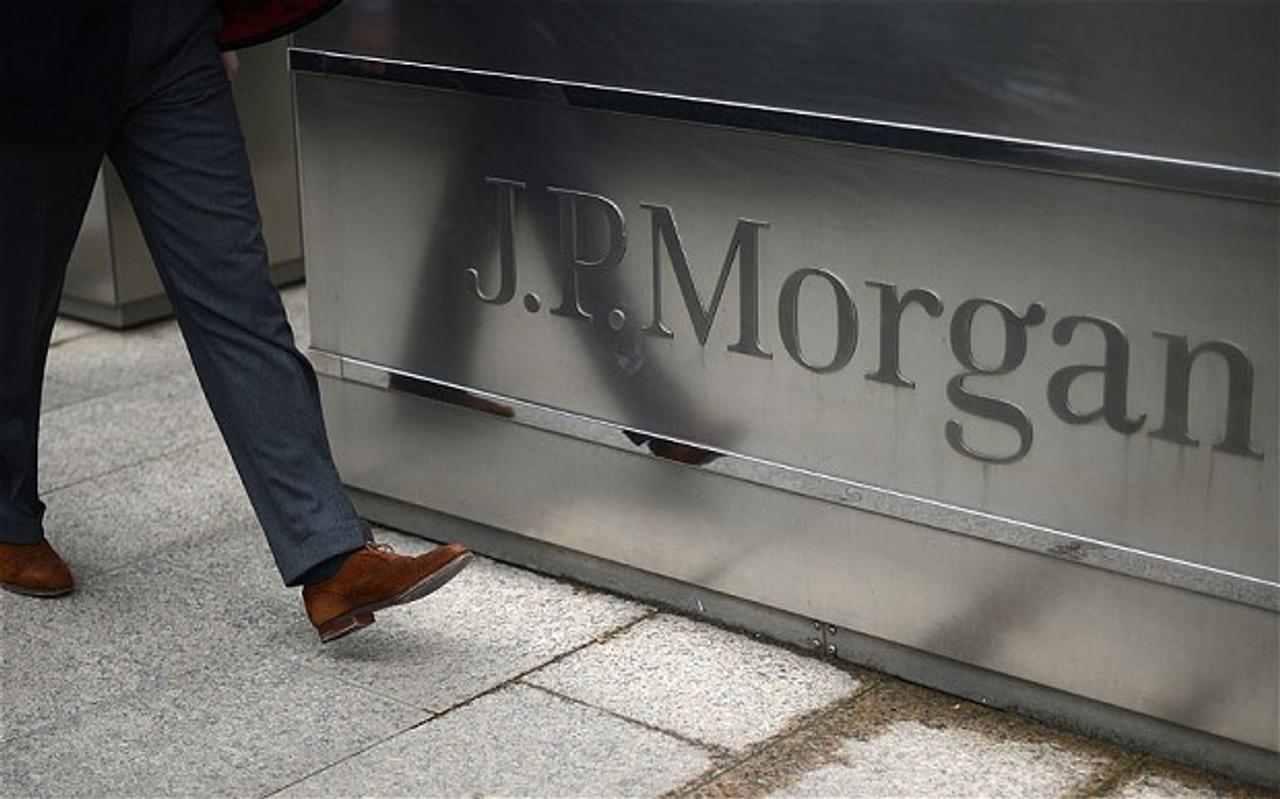
Analysis: So who’s going to hold JPMorgan to account?
Will JPMorgan be able to walk away from this one?
The JPMorgan story doesn’t look like it’s going away any time soon. The losses suffered by the bank keep getting bigger and bigger. Insiders are now saying they’ve surpassed the initial $2 billion estimate by at least another $1 billion.
The Federal Reserve has stepped in. It’s set out to examine the scale of the losses and the size of the original bets. It’s also going to ask whether the American bank’s chief investment office took too many risks for a federally insured depository.
One thing is clear – a serious investigation is necessary. We can’t take JPMorgan’s claims at face value.
This is Jesse Eisinger of ProPublica:
“…when they are in trouble, banks will mislead the world about their financials. And some will lie. Richard S. Fuld Jr. of Lehman Brothers, E. Stanley O’Neal and Charles O. Prince of Citigroup all played down their banks’ exposures before their institutions took vast losses. Were they deliberately misleading? Because of the failures to investigate the financial crisis adequately, we still don’t know”.
There are real questions to be asked. And Eisinger is right to ask them.
- What did Jamie Dimon, JPMorgan’s chief executive, and Doug Braunstein, the bank’s chief financial officer, know about the bets and when did they know it?
- How accurate were JPMorgan’s first-quarter earning claims?
- Were execs at the top of JPMorgan being wholly truthful when discussing the chief investment office’s investments?
- Were there other trades made by JPMorgan and when did those losses take place? And were the bank’s positions marked correctly?
- Finally, JPMorgan recently changed a crucial measure of risk. Why? And was that adequately disclosed?
So many questions. So few answers.
The thing that underpins all of these suspicions is that the timings of this whole drama don’t stack up.
The Wall Street Journal and Bloomberg picked up on the ‘London Whale’ in early April.
At the time JPMorgan dismissed journalists’ questions. In its first-quarter earnings on April 13, Dimon and Braunstein called it a ‘tempest in a teapot’.
The bank maintains its main losses happened in late April and early May. But timings and statements are already being challenged by shareholders. Two suits have already been filed, accusing the bank of grossly misrepresenting the trades.
The allegations are that the bank was bluffing all along. Fearing if news of their exposed position got out, losses would have ballooned. So, the claims go, JPMorgan dodged the questions. And so there are more questions.
Eisinger sums it up, arguing ‘how little true accountability there has been since the financial crisis. No top-tier banker has gone to prison for the many bank failures, the deceptive sales practices or the misrepresentations of the books. As a society, we have thrown up our hands at Too Big to Prosecute financial fraud.’
We need far greater accountability. And the questions posed here need to be answered. Any less would be criminal.




